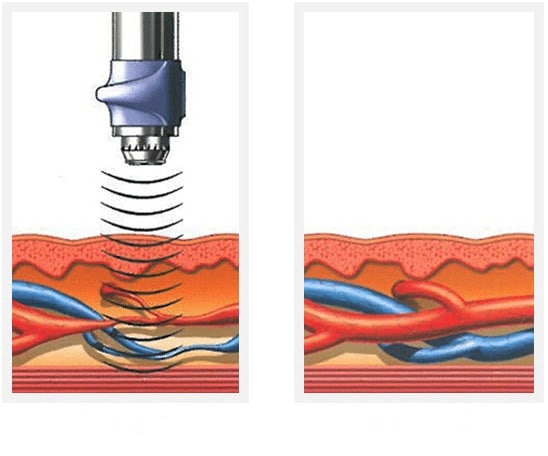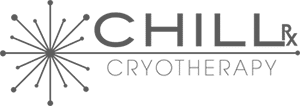What is ShockWave Therapy?
ShockWave Therapy for ED is a safe, comfortable and proven procedure for men to optimize sexual performance and to reverse the effects of Erectile Dysfunction (ED) due to poor blood flow.

How Does ShockWave Help?
About ShockWAVE
The Benefits
Over 80% of Erectile Dysfunction (ED) issues are caused by poor blood flow.* Our ShockWave therapy protocol specifically treats ED and Peyronie’s disease as well as to enhance sexual performance!
How it works
Our ShockWave therapy utilizes high frequency, low intensity sound waves to improve blood flow to the penis. The sound waves repair aged blood vessels, stimulate growth of new blood vessels and remove decades of micro-plaque. Our ShockWave protocol is designed to optimize efficacy, safety and results.
The Science of ShockWave Therapy
As men age, blood vessels in the penis deteriorate and fill with micro-plaque. When these blood vessels are diminished or damaged, they don’t supply enough blood to the penis to create healthy erections.
Our protocol applies pain-free shockwaves to the penis, which breaks up micro-plaque to open existing blood vessels as well as stimulate a natural biological reaction to boost the growth of new blood vessels.
Our ShockWave Therapy addresses the cause of erectile dysfunction and has been shown to provide effective and long-lasting relief to ED.
Pricing
We offer single ShockWave treatments or multiple treatment packages. Our pricing is by far the lowest in New Jersey, New York and Pennsylvania! And our success rate is over 90%! Please call 732.945.1320 – we are happy to discuss!! No contract required, pay as you go!

Frequently Asked Questions
Research
Please take a look at these evidence-based studies demonstrating the efficacy of low intensity extracorporeal shockwave LI-ESWT (acoustic sound wave) therapy in the treatment of erectile dysfunction.
The Scandinavian Journal Of Urology, October 2014: This placebo controlled study over 5 weeks showed that 57% of the men who suffered from ED had an effect for LI-ESWT. After 24 weeks, 19% of men were still able to have intercourse without medications.
The International Journal Of Urology, October 2014: This 13 week double-blinded, prospective, randomized, placebo controlled trial shows the tolerability and clinical efficacy of low-intensity extracorporeal shockwave therapy in a subgroup of patients with erectile dysfunction.
Therapeutic Advances in Urology, April 2013: LI-ESWT when applied to the blood vessels of the penis cause mechanical stress and microtrauma. This stress and microtrauma (also know as shear stress) induces a cascade of biological reactions that result in the release of angiogenic factors which in turn triggers neovascularization of the penis with subsequent improvement of blood supply. LI-ESWT is a revolutionary treatment of ED, and probably possesses unprecedented qualities that can rehabilitate erectile tissue. The clinical improvement in subjective erectile function together with the significant improvement in penile hemodynamics following LI-ESWT confirm that LI-ESWT has unique properties that may create a new standard of care for men with ED. LI-ESWT is both feasible and tolerable and without any adverse or unwanted effects. Its main advantage is its ability to improve and potentially restore erectile function in men with ED without additional pharmacotherapy. Hence, LI-ESWT is an appealing addition to the armamentarium of existing treatment options for ED. In the near future we hope that LI-ESWT will be used for the long-term clinical management of ED either as an alternative or as an enhancer to the current treatments of ED.
European Urology, August 2010: This is the first study that assessed the efficacy of LI-ESWT for ED. This approach was tolerable and effective, suggesting a physiologic impact on cavernosal hemodynamics. Its main advantages are the potential to improve erectile function and to contribute to penile rehabilitation without pharmacotherapy. The short-term results are promising, yet demand further evaluation with larger sham-control cohorts and longer follow-up.
For more information and more studies, please call us at 732-945-1320.
